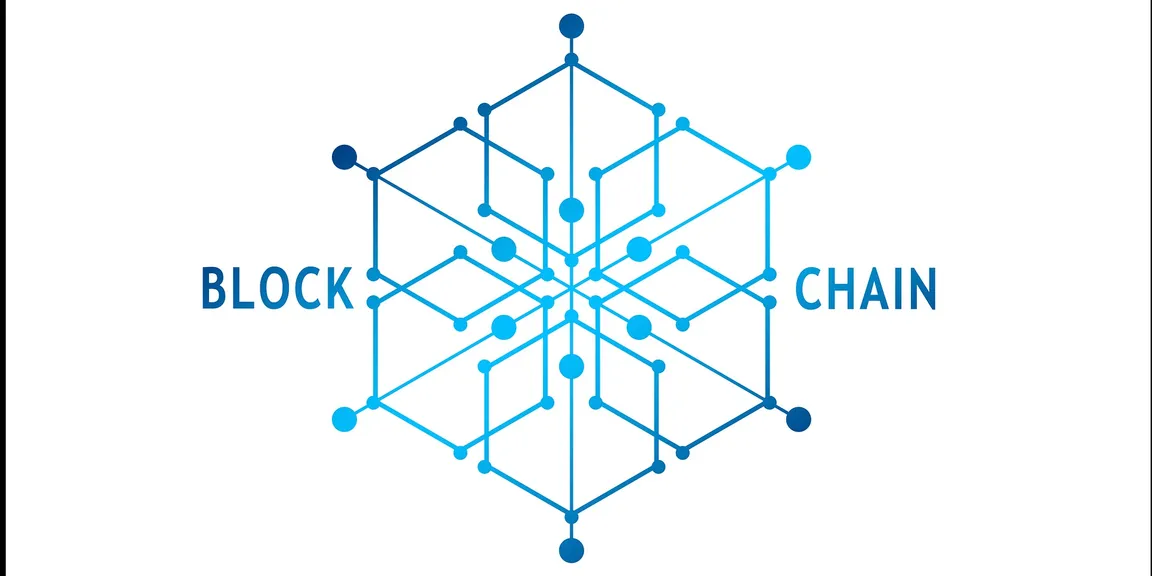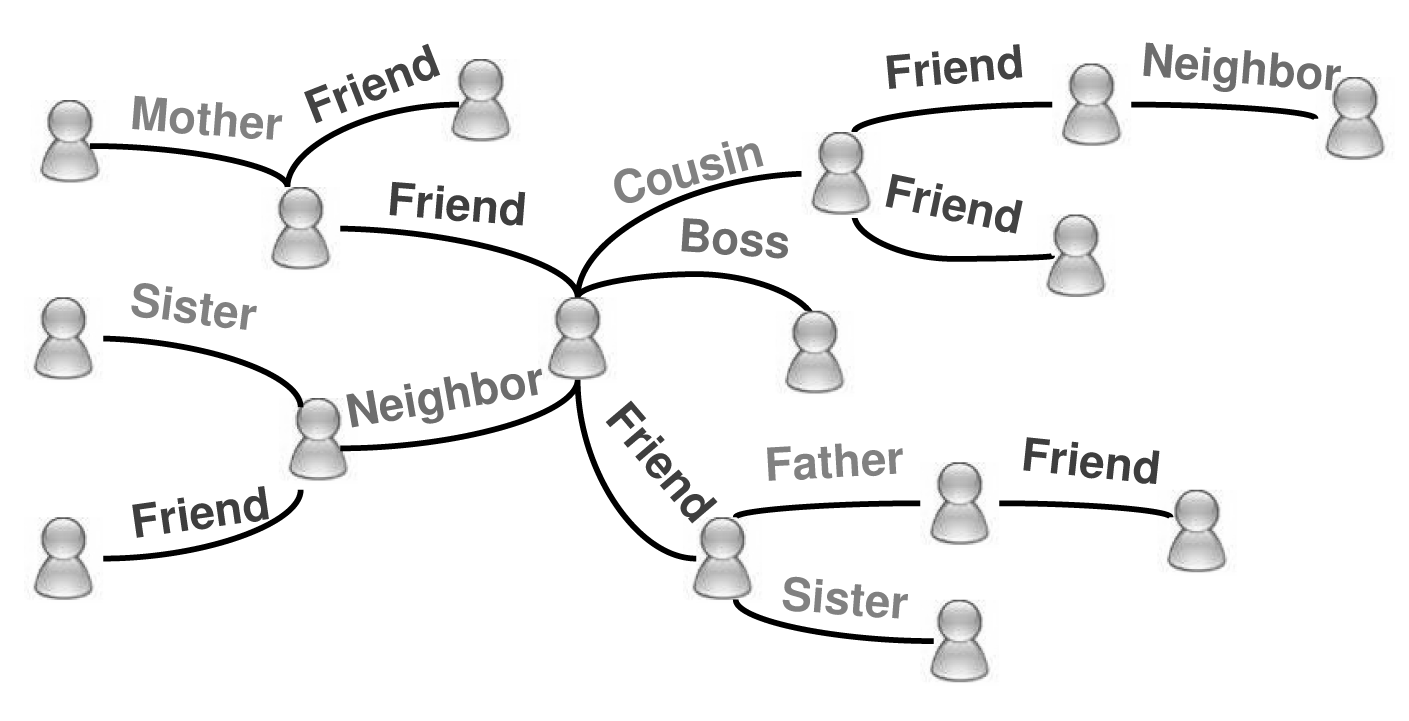

Blockchains: Why should I care? Overview & adoption
Every transaction you make in the future may be using Blockchain technology
I went from "I'm not chasing the latest shiny object" to "This Blockchain Technology has potential". I embarked on this journey early in 2017 - I picked up William Mougayar's book "Business Blockchain". Though I did not understand all the technical aspects initially - I was blown away by its implications. If this is even remotely true and feasible, this technology has the potential to change our daily lives, disrupt not just companies but re-shape the entire world eco-system. I will distill the basics here so you don’t have to waste your time.

Why should I care?
Blockchain Technology may replace your job! Not really, your role may transform to include other responsibilities. Within specific use cases integrated with AI/ML/IoT or if you work for an intermediary party then it is highly probable. However, it may take year(s) before this is realized.
With mass adoption in the near term horizon, how we hold funds (checking, savings), how we pay taxes, how we get paid, how we find a job, how we buy properties, how we access/maintain medical records, how we ensure privacy - are all questions that we'll be asking ourselves.
Blockchain technology in its current infancy is primarily a cost play such as enabling low cost global remittances which will disrupt the high fee current remittance systems. The finance industry will see major changes in the next few years - new revenue streams and potential to expand current offerings to a larger market (global).
Adoption:
Blockchain technology adoption will be far faster than the adoption of the internet. It took about a decade or more (80's to late 90's) for the Internet to be widely adopted. Blockchain on the other hand will have significantly reduced time for mainstream adoption due to the internet.
The internet technology back in the day was localized to Silicon Valley and other specific geographic pockets of innovation. Blockchain on the other hand is global (thanks to the internet) - Imagine technology development concurrently improved by engineers speaking every major language in the world! Some of my concerns are usually addressed by asking myself 'Well, that maybe a valid issue. Can 5,000 engineers figure out a solution?' My concerns then usually transform to 'When can we have this solution implemented?' It's a question of 'When?'.
Some use cases and potential:
One of the first industries to witness this disruption is the Financial ecosystem. Specifically, within the payments domain, Blockchain has the ability the maintain common ledgers across multiple parties. Significant efficiencies can be gained by optimizing (or replacing) the Auth-Post-Reversals-Exceptions reconciliation process, which is fondly referred to as the nightly nightmare batch process. One primary resulting benefit of such an approach is the reduced need or the eventual elimination of the reconciliation process.
An up-to-date, near real time reconciled ledger presents a 'new world' of possibilities (and a plethora of questions). Among the thousands of use cases, here are a few:
Merchant Payments
○ Merchant services will have more options and reduced interchange fees
○ Merchant vendor payments can be paid automatically when goods are sold, delivered [~50% of US B2B payments are still through paper checks]
○ The current cash flow challenges will morph into shorter cycles (days/weeks not months which will disrupt the invoice refactoring industry)
Global Payments
○ Payments across national borders is already explored and implemented - resulting in near real-time funds availability at reduced cost
Taxation
○ Taxation is one area that will have a direct impact on all of us. Current tax payment dues can be scheduled online, the next natural progression is to pay taxes due utilizing similar 'smart contracts'. Again, the question is not how this technology can be leveraged to replace existing systems but to think beyond legacy replacements. Theoretically, we can leverage Blockchain technology to pay federal and state taxes per transaction, similar to how we pay sales/county/city taxes. I've written about individual taxation being an annual affair v/s filing taxes at our own convenience here.
○ Currently, the last month of financial year is a frantic time for most companies with activities stalled, so accurate accounting can be performed. Labor intensive act of creating financial year-end statements based on GAAP or other accounting practices can be streamlined.
○ Some estimate that about 5% of total GDP [Unclaimed tax refunds, un-deposited checks, lost checks, etc] is 'in-flux' - money that is 'en-route' to a target recipient. This macro cycle times could range from days to months. Blockchain provides an alternative to reduce these cycle times to minutes or hours - potentially 'freeing' up additional funds.
Employee Wages
○ We all get paid either weekly, bi monthly or monthly - and that cadence is determined out of convenience and reduced overhead to employers for processing payroll. With an ‘always reconciled’ ledger we may have the option to get paid daily or even reduced cycle times
Blockchain technology is still in its infancy and there are a number of challenges to address. Yes, there are leaps of improvement to be made and at times is as reliable and accountable as a toddler, as if a toddler's present characteristics are permanent for the rest of her life.
Policy makers must pave the way to provide optimal conditions with minimal hurdles for the Blockchain community to contribute and build. Overly restrictive regulations will inhibit innovation and may be the single most important catalyst to propel this movement. The technology itself must not be regulated but the activities (on a global level) than can be performed must be, with specific guidelines. Let this promising technology evolve and perhaps, it may accelerate our society's prosperity.
I'm always looking to hear about your journey within this space and feel free to reach out to explore how we can help each other and ponder about the possibilities! Twitter | LinkedIn | Medium
Recommended Read:
This technology is evolving at a rapid pace and a book published today may not be relevant in a few months. A few
Business:
Blockchains: How they work and why they'll change the world, Morgan E. Peck, IEEE Spectrum
Naval Ravikant's twitter storm on Blockchain networks
Technology :
Blockchain: A Pragmatic Introduction by Max Fang, Blockchain at UC Berkeley
Learn Blockchains by building one, Daniel Van Flymen
As usual, any errors are obviously mine.




